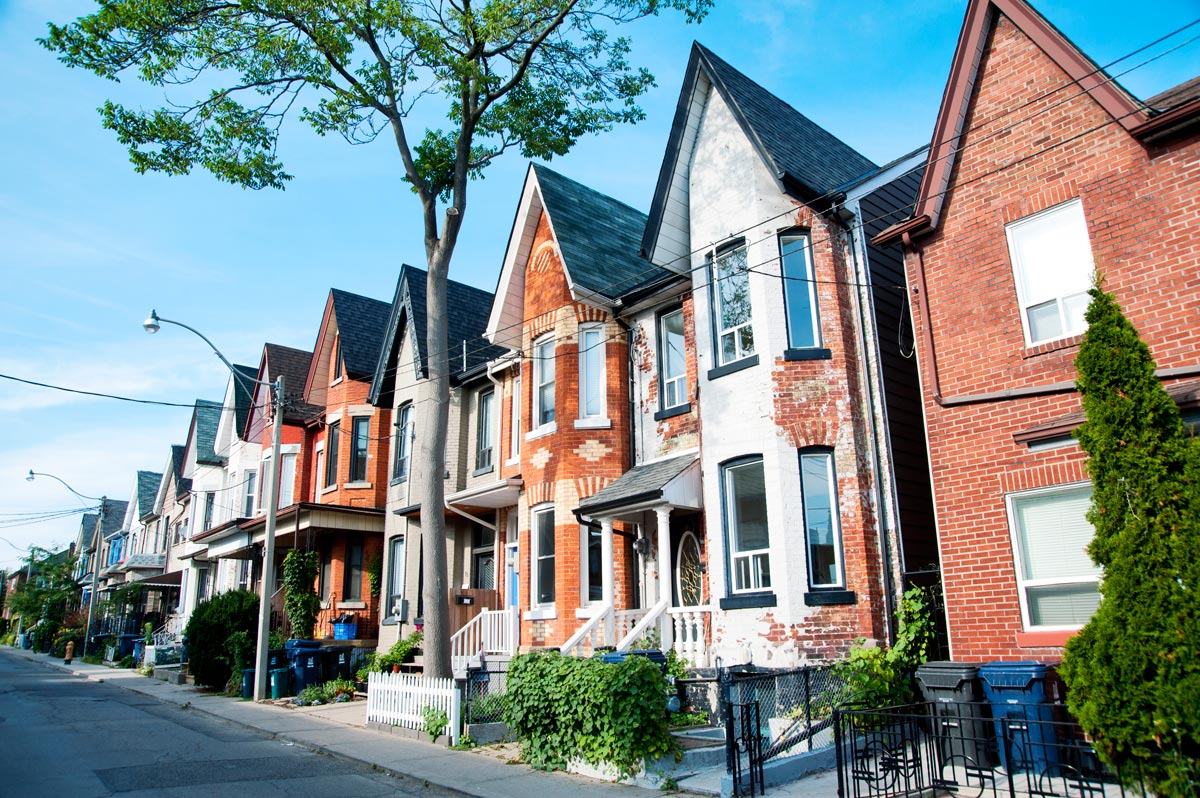Each week, The Glenn Team provide highlights from the weekly CP office meeting to provide a balanced overview of the Toronto and GTA markets and relevant issues affecting real estate markets. Meetings are overseen by Chestnut Park's CEO and Broker of Record, Chris Kapches, LLB, who provides weekly analysis and commentary. Additional input is provided by the CP Toronto office Realtors who give a day to day, real life perspective of the local markets.
MARKET UPDATE
As our latest CP market report was just published, there isn't much to discuss related to market stats that was covered there or in last week's meeting. For more information on where the GTA markets are at, go to that post or subscribe to our neighbourhood house price reports.
WORD ON THE STREET
A poll of the agents in the CP Toronto office revealed that the type of property as well as it's price range has a significant impact on the market's interest in it. For example, listings over the $2M price point in central districts have had little interest in the past week, whereas condo apartment listings in both eastern and central districts under $1M have had intense, fetching multiple offers. Clearly the more affordable condo apartments continue to be the market's hottest prospect currently. Though volume is up in the 905 area code, the 416 continues to come in at 25% of those numbers, with condo apartment inventory all but gone.
TAX TALK
As agents in the Toronto office have found more foreign buyers coming back to the Toronto market, Chris felt it important to review who is affected by the recent foreign buyer's tax. Some of the most relevant points are listed below. For the full breakdown, click here
Doesn't apply to Canadian citizens or permanent residents, unless those parties are buying property with a foreign national.
Who Does the Tax Apply To?
- Foreign Entities: Foreign nationals and not Canadian Citizens or Permanent Residents.
- Foreign corporations: ie. corporations NOT incorporated in Canada or incorporated in Canada but controlled by foreign national or other foreign corporation (unless corporations shares are listed on the TSX.
- Foreign corporation controlled directly or indirectly by a foreign national for the purposes of the associated corporation rules under Canada's Income Tax Act.
What Types of Properties are Affected?
- Single Family Detached, Semi-Detached, Condo Apartments, Duplexes, Triplexes and Multiplexes up to 6 units; over 6 units, no tax applies
- Each condo unit is considered a single-family residence so the tax applies to each one
How is the Tax Calculated?
- Any property is taxed at a rate of 15% including any Land Transfer Tax associated with the property, ie. if the property is located in Toronto, you would pay tax on both provincial and municipal land transfer tax.
- If ANY buyers are a foreign entity, 100% of the property will be taxed, ie. you can’t purchase a property with a Canadian citizen or permanent resident and avoid the tax.
Who is Exempt from the Tax?
- Anyone confirmed under the Ontario Immigrant Nominee Program. If you can establish you’re a bonafide immigrant in theprogram or a student or WILL be a permanent resident in the next 4 years
- If you’re a refugee
- If you're a foreign national with a spouse who is already a Canadian citizen, permanent resident or a Nominee or a Refugee.
STRESSED OUT!
Going into 2018, it is expected that the government will introduce new mortgage stress test rules. Under the new rules, people seeking a new mortgage will have to qualify at the bank posted rate, which would currently amount to about 5.25% for a 5 year rate; that's about 2% more than most lenders would currently require and amounts to about 6 rate hikes from the BoC. David Smith, a mortgage broker with Hanley Mortgage Brokers thinks this policy will effectively take buyers with the greatest stake in entering the real estate market out of the game. It will also likely negative influence anybody looking to make their next jump up to a larger property if they are already close to their mortgage maximum. In Toronto, this means any first time home buyers, likely entering the condo market, which is already under heavy stress for inventory.
Is this good policy or just the governments attempt at chastising banks and lenders? We love to know your thoughts. Either get in touch directly or leave a comment below!




